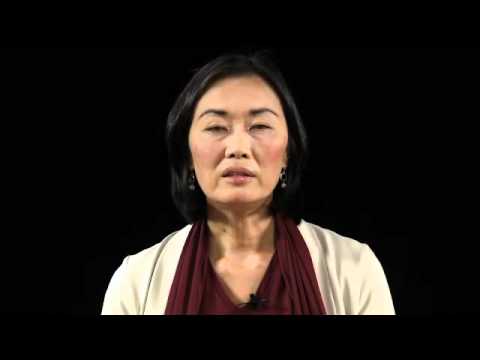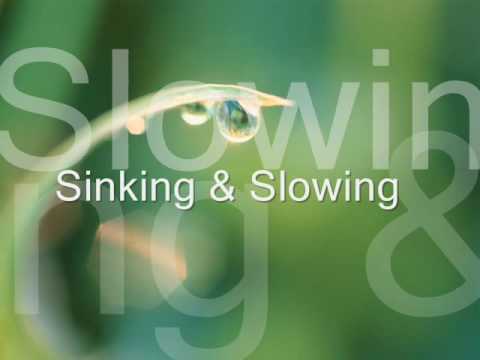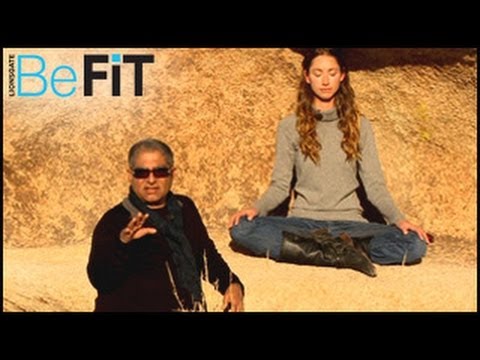The benefit of Grounding / Barefoot are amazing also? Grounding is a great tool that can dramatically increase your meditation powers and recenter your spirit and emotions. The idea is to push your extra energy into the ground and leave it there or draw energy from the ground to feel more powerful. One amazing benefit of Grounding / Barefoot also leaves you centered and focused for the rest of the day and is very beneficial in many other ways. Grounding is the way to connect to the Earth and channel any extra nervous energy away. If you do not have the time to meditate, there are other ways to connect to the Earth. For example you could walk barefoot or sit on the ground – any contact with the Earth can connect you and leave you in a much better state of mind.
The health benefits are enormous, as are the spiritual benefits, even if you “don’t have a religion.” When you are grounded, you have sent all of your nervous energy away (like the negative energy you picked up from media or cell phones). Your focus can become utterly clear and you can concentrate on any physical part of your anatomy to regulate how it works. You can cause your blood pressure to drops, your pulse to regulate and your neural patterns to remain calm because there is no extra adrenaline to pump through you.
Another Benefit of Grounding is that your lungs will fill more completely with deeper breaths and as a result you will get more oxygen to your brain. If you are relaxed and your blood pressure is contained, your whole body will relax and the rest of your life will fall into place. In addition, since meditation requires you to sit up with your back straight to achieve the full effect of it’s healing properties, grounding while standing still can help. Any contact with the Earth is welcome, so if you’d like to walk barefoot instead of sitting on the hard Earth, you still get residual health benefits. Walking barefoot is good for weak foot arches, especially along different terrains. Not only can you be as calm as possible with grounding, but your body can begin to shape up with this activity as well.
The spiritual benefit of Grounding / Barefoot are amazing also. Using this particular activity keeps us healthy spiritually, which leads to higher selfsteam and a higher self worth. Grounding your energy is mandatory when you are about to perform heavy meditative procedures, because you cannot find your center if you are pumped full of the days thoughts and worries. In chakra exercises, it is best if you ground first and then begin to open up your chakras instead of trying to open them immediately upon entering a meditative state. For people who perform rituals or deal with Earth magic, grounding is viewed as two-way – you can push and pull as much energy as you need from the Earth, and therefore, focus completely on your task. The main idea of grounding is focus – whether you are using it for religious or health conscious purposes. Everyone understands that if you are spiritually healthy, the body will follow.
So let’s do it, then. Let’s go sit on the grassy knoll. Let’s take our shoes off and take a walk in the forest and let the Earth do it’s part in our health and well being by taking care of ourselves and bundling all of our nervous clips and stumbles into the ground. You and everyone around you will benefit from doing this activity, so why not try it?
Click here to visit the otriginal article: Benefit of Grounding / Barefoot
SacredEden.com is an online health store that can fill all your health needs. Sacred Edens mission is to restore people back to a state of perfection. Visit SacredEden.com





